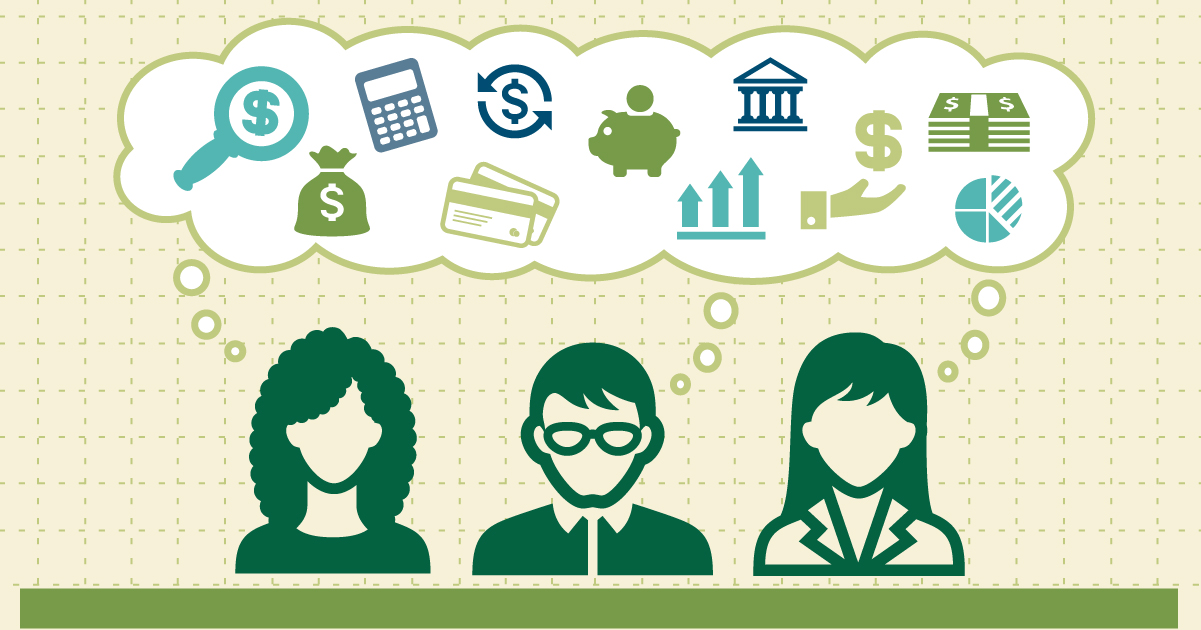Financial Literacy
Financial Literacy is something that nearly, if not everyone on earth can benefit from, and yet most people have very little experience with it. Being financially literate is essentially being educated enough to be able to make strong financial decisions and achieve your financial goals. There are so many different elements that go into this, making it, oftentimes, very confusing. For most people, the only source of information about finances is their parents, who themselves were never formally taught and likely learned it from their parents. In this cycle, bad financial habits are just passed on unconsciously, and nothing is ever going to improve. To truly achieve better financial literacy for the majority of people, it needs to be taught by someone who knows what they are doing, and somewhere where the majority have access to it. The most obvious place is school. School is for educating your child and preparing them for their adult lives after school is over. However, oftentimes the things taught in school are not used in everyday life, and the things that are important to everyday life are not taught.
In the article ”Money Matters”, Nicole Kruse discussed this issue. She stated that in many places, state governments are taking control and implementing financial literacy classes into schools, and in many cases making them a graduation requirement. This is often a half-year course. However, she also stated that a single course is not enough “for habits to form”. I agree with this to a point. A single course may not be enough to form habits, but it does give individuals the basic information they need to make good decisions in life which can lead to good habits. Kruse also discussed possible programs and curriculums where students would learn aspects of financial literacy starting in kindergarten and every year following. I also have mixed feelings about this. While I think the idea is good in theory because, as discussed, it is important to form habits, I do not know if it would fully work. The idea is that the concepts are repeated and slowly built upon every year. However, for children as young as kindergarteners, they are likely not using money in their daily lives. You may be able to swap it out for candy in the activities, but money is still likely an abstract concept to them, and until they begin to actually use it in their day to day lives and really personally witness its importance, I do not know how well the lessons will stick in their minds. 
However it is decided is the best way to implement it, I do think that financial literacy should be taught in schools. School is supposed to set children up for success in life, and I think it's time it actually starts teaching them things they can use to achieve this. Financial literacy is so important to everyday life and being successful, in whatever sense that means to you. Something needs to be done to increase that small one-third of the population that is financially literate.


Comments
Post a Comment